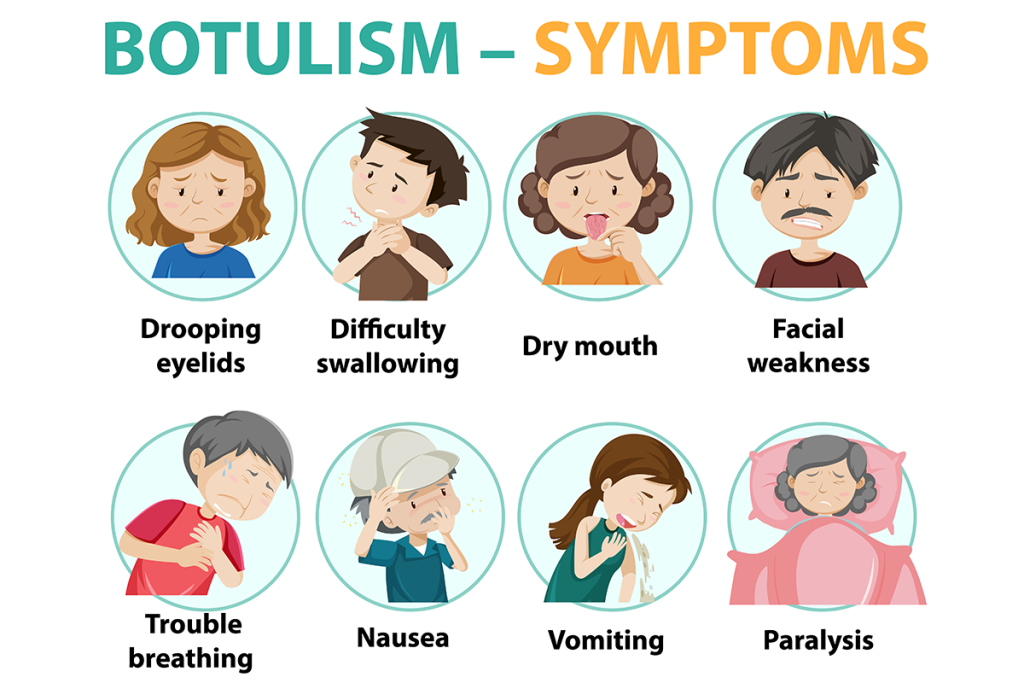 January 2, 2023
January 2, 2023
Are you worried about the health and well-being of your little ones? Meningitis may not be at the top of your list of concerns, but it is important to be aware of this potentially life-threatening illness, especially when it comes to children. Symptoms such as fever, and headache may seem relatively minor, but when paired with a rash, it's time to seek medical attention. You don't have to worry, we've got you covered
In this blog, we'll dive into the causes, symptoms, and treatment options for meningitis in children, as well as provide tips on how to prevent the spread of this infection. Keep reading to learn more about protecting your precious little ones from meningitis.
What is meningitis?
Meningitis is an infection of the tissues that surround the brain and spinal cord. There are two main types of meningitis: bacterial and viral.
Bacterial meningitis is caused by bacteria and can be life-threatening if not treated promptly. It can lead to problems like deafness or learning difficulties, and in severe cases, it can be fatal.
Viral meningitis, on the other hand, is usually less serious and does not usually result in long-term brain problems or death.
As the best course of treatment depends on the type of infection, doctors confirm whether a child has viral or bacterial meningitis.
What are the risk factors for meningitis in children and how can I determine if my child is at risk?
Bacterial meningitis is caused by different types of bacteria, and the most common causes are pneumococcus and meningococcus.
Children who are at higher risk for developing bacterial meningitis include those who
It's important to note that bacterial meningitis is a medical emergency that must be treated quickly to minimize the risk of serious illness or death.
Even with treatment, some children who recover from bacterial meningitis may have long-term complications.
On the other hand, viral meningitis is caused by viruses, and the most common cause is the enterovirus family. These viruses can be spread-
Unlike bacterial meningitis, children with viral meningitis usually recover fully with supportive treatment.
How do I know whether my child has meningitis?
Bacterial and viral meningitis can cause similar symptoms, including
Newborn babies may also have additional symptoms like
Children with bacterial meningitis may also experience seizures or small red or purple spots on the skin, while children with viral meningitis may have a runny nose, muscle aches, cough, or a red or pink rash.

When should I consult the doctor?
If you suspect that your child may have meningitis, it's important to get medical help as soon as possible.
You should bring them to the doctor or hospital immediately if they have a fever, headache, and stiff neck, are very sleepy or confused, have a seizure, or have a rash with small red-purple spots that don't disappear when you press on them.
Can meningitis spread from my child to other members of the family?
Yes, the bacteria and viruses that cause meningitis can be spread from you to other family members.
How is meningitis diagnosed in children?
There are several tests that doctors can use to diagnose meningitis and determine what type of infection it is. These tests may include:
How is meningitis treated?
Meningitis is typically treated with antibiotics, although antiviral medications may be used to treat some types of viral meningitis.
Bacterial meningitis is treated with antibiotics given through an IV in the hospital,
Although antibiotics are not effective for treating viral meningitis, treatment may involve rest, fluids, and medications to reduce fever and headache
As test results may take a few days to confirm the type of meningitis, doctors usually start antibiotics right away if they suspect bacterial meningitis because it needs to be treated quickly.
Can meningitis be prevented?
Yes, meningitis can be prevented through a variety of measures, including vaccines, preventive antibiotics, and infection control measures.
Vaccination and Immunization
It is important to understand the importance of childhood vaccinations in order to protect your child from serious diseases. Childhood vaccinations are an essential part of preventive health care for kids, as they can protect your child from potentially dangerous illnesses and their potential complications.
Antibiotics for prevention
Even if the person has previously been vaccinated, preventive antibiotics are advised for close contact with anyone who has been living with the child or has spent at least four hours a day with them for at least five of the seven days before infection. However, always consult your doctor before taking these medications.
Infection control
Families of children with meningitis should take precautions to avoid infection. This involves washing hands after contacting the kid or changing diapers, as well as before eating or preparing meals.
If your child experiences any symptoms related to meningitis, don't delay consulting your doctor. Receiving proper medical treatment and care is the only way to steer clear of any related medical complications.
To book an appointment, contact us at +91-9540 114 114.
2026 © SSB Heart and Multispecialty Hospital.